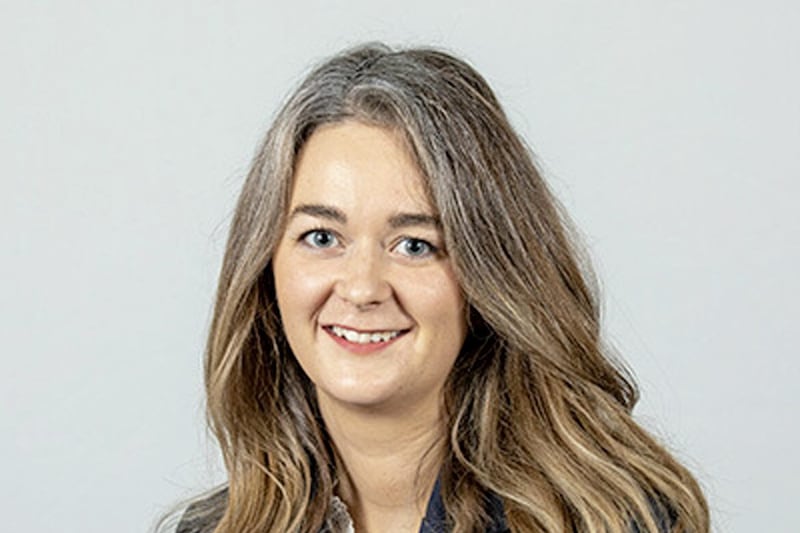QUESTION: I know that my second personal tax payment on account is due by the end of July for the tax year 2022/23. Back in January my accountant advised me of my July 31 2023 payment but suggested that I could reduce the payment if my business profits have reduced in comparison to last year. How do I notify HMRC that my business profits have reduced so that I can pay a lower amount?
ANSWER: If you earn anything outside of PAYE, you may need to make two payments on account every year in respect of your personal tax position.
The first of these is due by January 31 within the year, i.e., January 31 2023 for the 2022/23 tax year.
The second is due by July 31 following the end of the year i.e., July 31 2023 for the 2022/23 tax year.
Many people forget about their second payment on account due in July as unlike the January payment it does not tie in with any filing deadline.
Payments on account are 50 per cent of an individual’s net tax liability for the previous year and are used to “prepay” the tax liability due for that relevant tax year.
All individuals are liable to make these payments unless their net tax liability payable is less than £1,000 or 80 per cent of the tax due for the tax year was deducted at source e.g., PAYE from your payslip.
If your taxable income and subsequent tax liability for the 2022/2023 tax year is likely to be significantly less than 2021/2022, you can make a claim to reduce your payments on account.
The amount by which you reduce your payments should reflect your estimation of your tax liability for the 2022/23 tax year.
However, if it is later found that you have reduced the payments on account by too much, you will be liable to pay interest on the difference between the amounts paid as payments on account and the amount actually due.
Equally, if you have underestimated the fall and paid too much, you will be due a refund and will receive an interest supplement.
However, given that the 2022/23 tax year has passed, you are in the ideal position to prepare your 2022/23 tax return early and avoid any underpayments/overpayments.
Getting your information to your accountant early to allow them to prepare your accounts and tax return for the tax year 2022/23 prior to July 31 2023 will enable them to calculate what your actual tax liability will be for tax year 2022/23 and therefore advise you on whether to reduce your payments on account or not.
Filing you tax return early (before the January 31 deadline) will also mean you should receive any tax refund you may be due sooner as HMRC only start to process refunds after submission.
However, if you are in a position where you have a tax liability, preparing your tax return early means you can plan and give yourself more time for setting money aside for the payment. This then allows you to better manage your cash flow and finances.
If you cannot afford to pay the July 31 2022 instalment in full by the due date, then you should contact HMRC as they may agree to give you more time to pay.
Feargal McCormack (f.mccormack@fpmaab.com) is partner at FPM Accountants Ltd (www.fpmaab.com). The advice in this column is specific to the facts surrounding the question posed. Neither the Irish News nor the contributors accept any liability for any direct or indirect loss arising from any reliance placed on replies.







